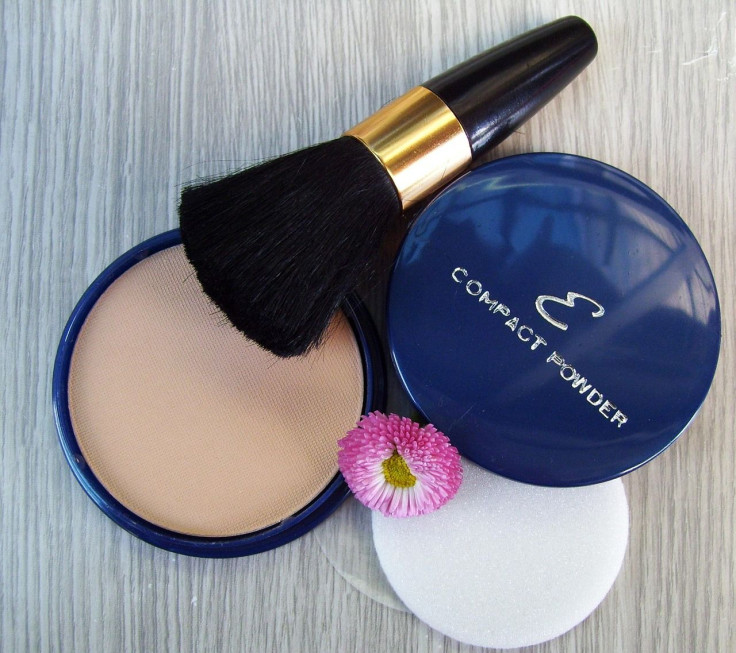Antimicrobial Agents In Personal Care Products Linked To Adverse Effects In Newborn Babies

Personal care products like cosmetics and soaps are meant to benefit the user, making them look, smell, or feel better. Mostly, this is all they do. But a new study led by SUNY Downstate Medical Center’s School of Public Health suggests such products, if used by a pregnant woman, can negatively affect the health of her newborn.
“The study found a link between women with higher levels of butylparaben, which is commonly used as a preservative in cosmetics, and the following birth outcomes: shorter gestational age at birth, decreased weight, and increased odds of preterm birth,” said Dr. Laura Geer, associate professor in the Department of Environmental and Occupational Health Sciences in the School of Public Health at SUNY Downstate, in a statement.
Butylparaben is an organic compound that researchers have proven to be an effective antimicrobial preservative. It has been used in cosmetics and pharmaceutical products since the early 20th century, and became popular due to its low toxicity and mold fighting abilities. Recently, however, the compound has come under fire for disrupting the endocrine system.
Researchers found that a second antimicrobial compound, triclocarban, was associated with shorter gestational age at birth, aka premature birth. Triclocarban is mainly used in soaps and lotions. Propylparaben, the last common chemical found in similar products, was associated with a decreased body length at birth.
“This study provides the first evidence of associations between antimicrobials and potential adverse birth outcomes in neonates,” the authors wrote. “Findings are consistent with animal data suggesting endocrine-disrupting potential resulting in developmental and reproductive toxicity.”
Geer said that the long-term consequences of these links is unclear, adding that “findings must be reproduced in larger studies.”
The research, directed by Dr. Rolf Halden, an expert in the study of antimicrobial chemicals, adds to the evidence that such compounds have adverse impacts on humans, including premature aging and decreasing testosterone. The researchers obtained their data by analyzing the blood plasma concentration of the chemicals in third trimester urinary and umbilical cords. A larger-scale follow-up study to confirm the findings is warranted, said Geer.
“Based on this new evidence, the safety use of these chemicals in our consumer products should be reassessed.”
The European Union passed regulations banning triclosan, an agent similar to triclocaraban, from many consumer products in 2015, but no such broad action has been taken by the U.S. Food and Drug Administration or the Environmental Protection Agency. Several U.S. companies, however, have said they will voluntarily remove the substance from their personal hygiene products. Minnesota has also passed a ban on the use of triclosan in hand and body cleaning products, which will go into effect in 2017.
“While small-scale changes in birth size may not be of clinical relevance or cause for concern in individual cases, subtle shifts in birth size or timing at the population level would have major impacts on the risk for adverse birth outcomes,” Geer said.
Source: Geer L, Pycke B, Waxenbaum J, Sherer D, Abulafia O, Halden R. Association of birth outcomes with fetal exposure to parabens, triclosan and triclocaraban in an immigrant population in Brooklyn, New York. Journal of Hazardous Materials. 2016.



























